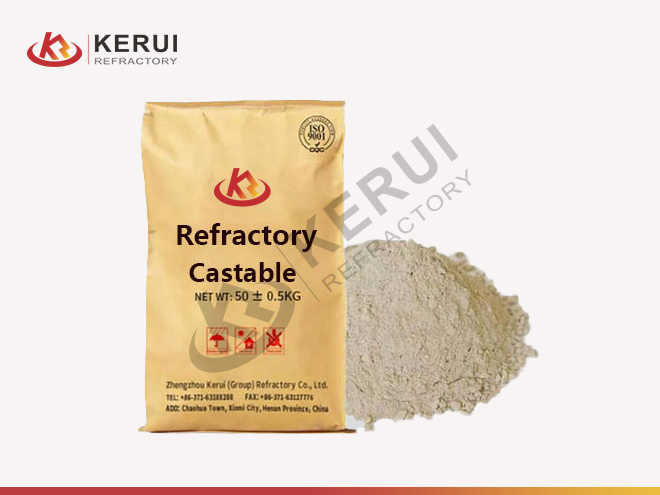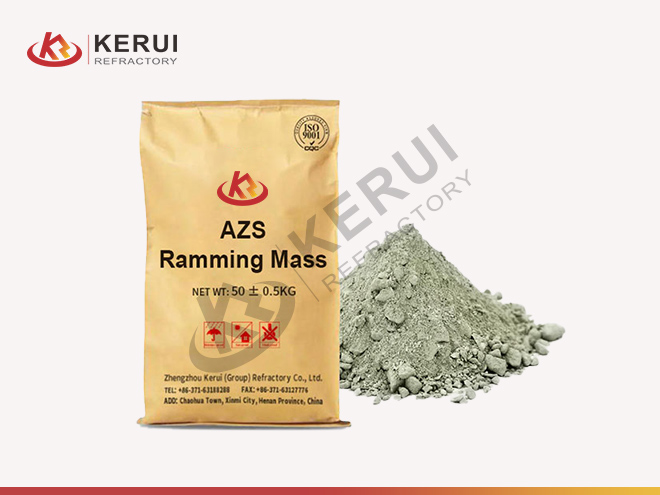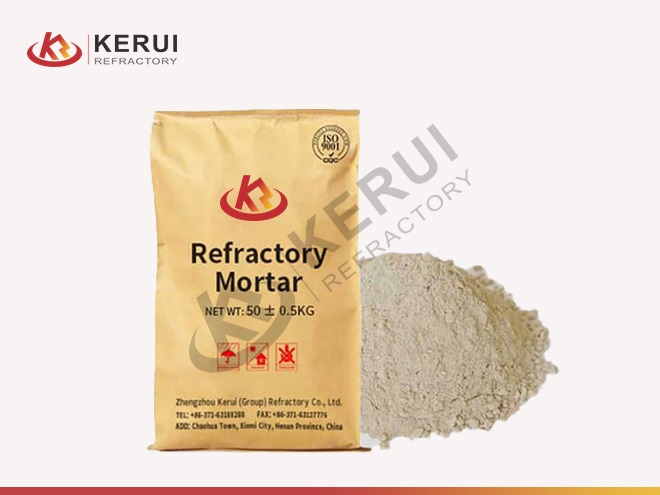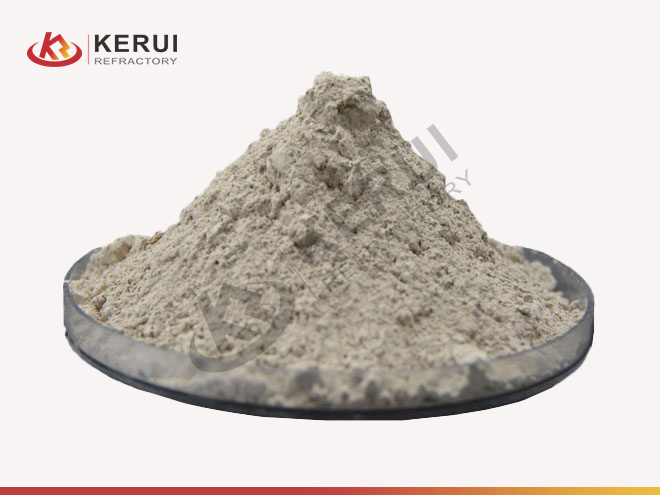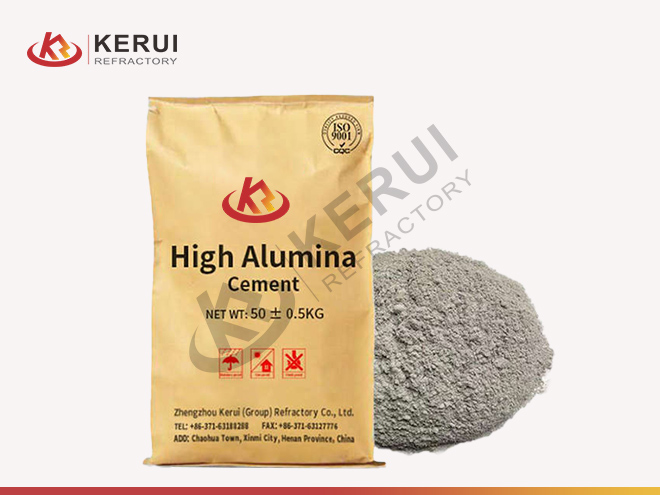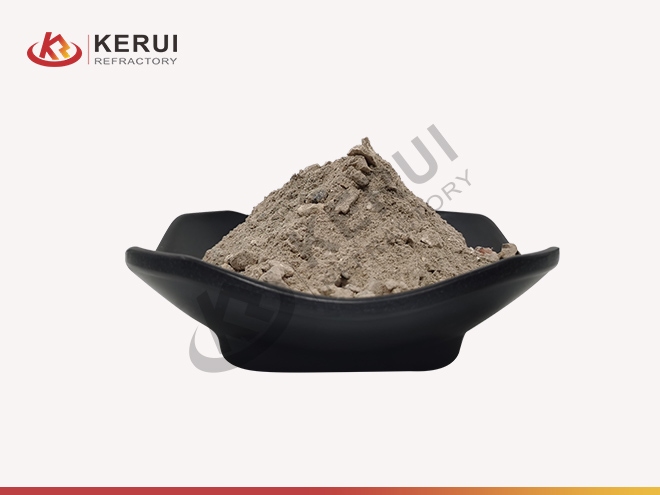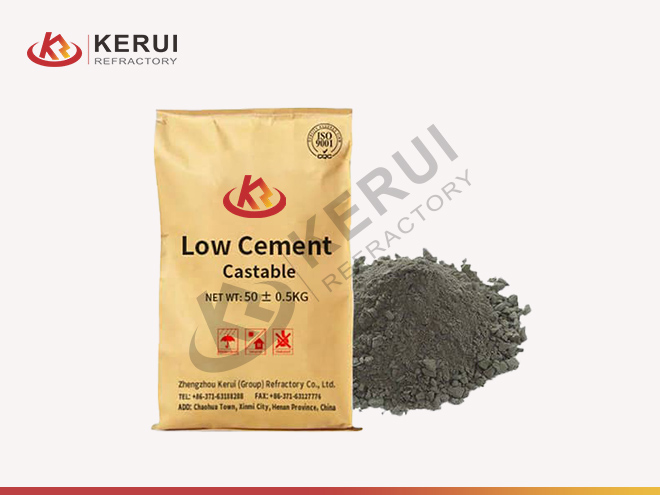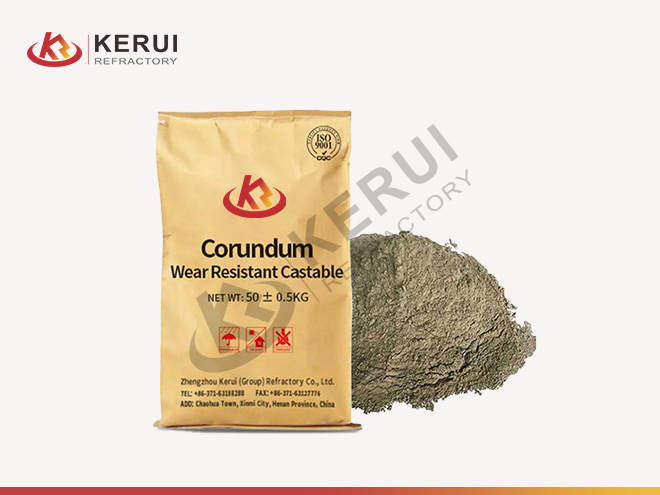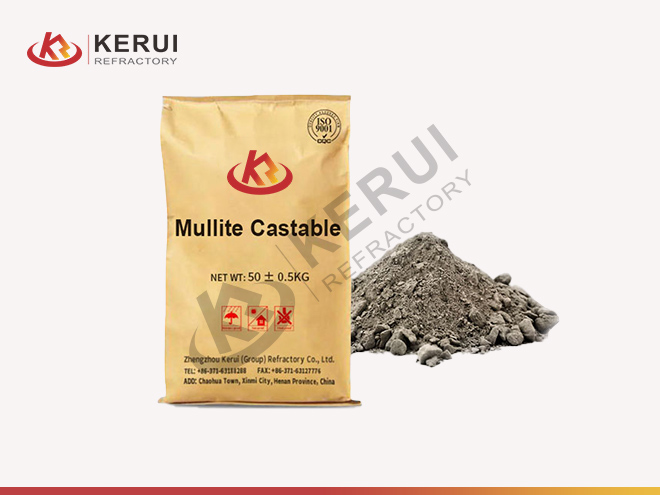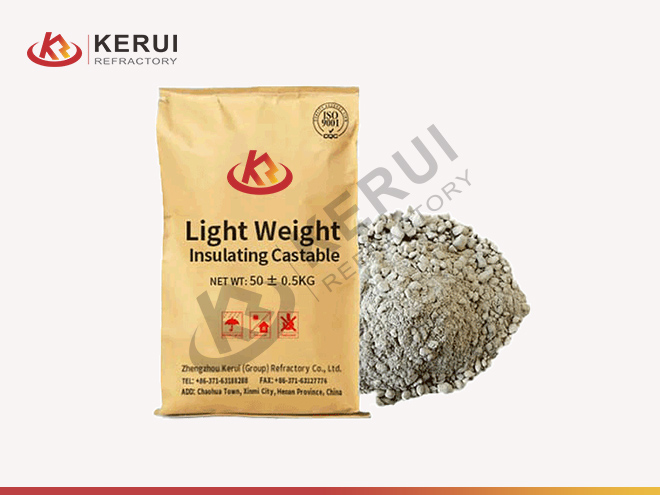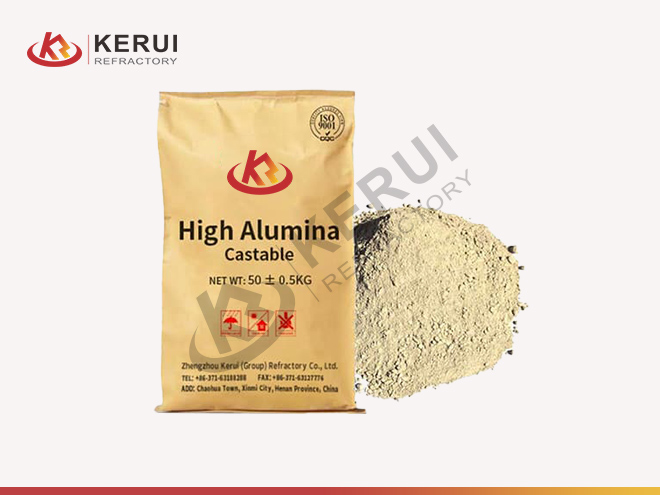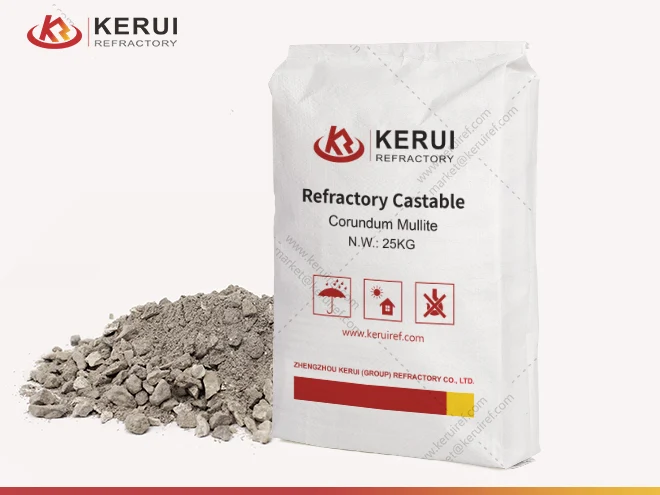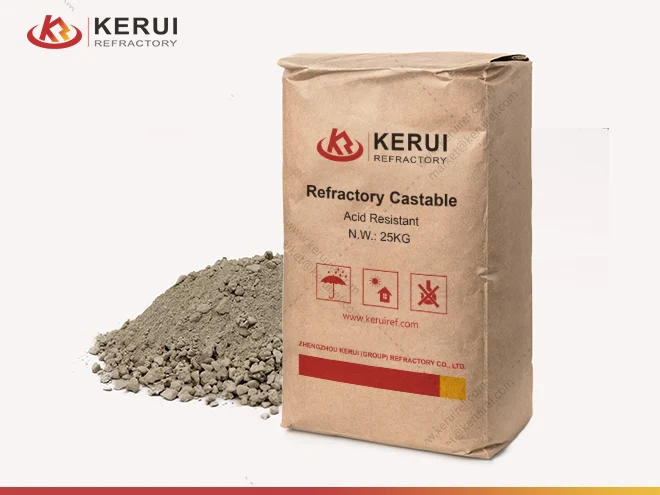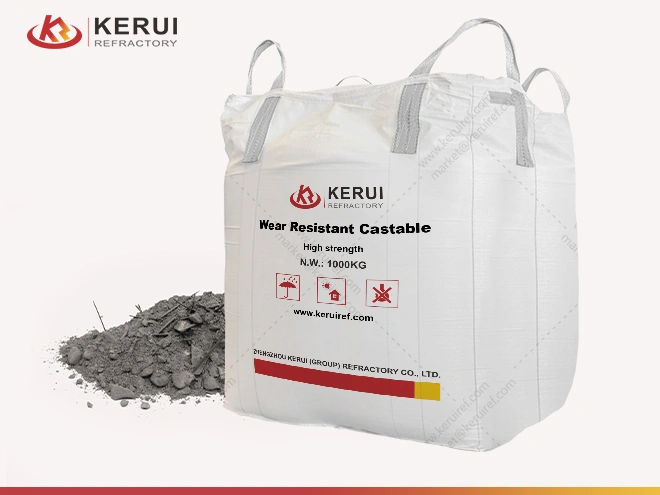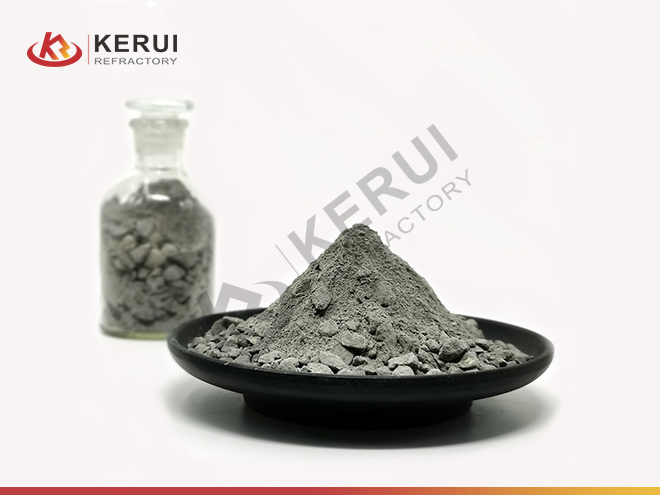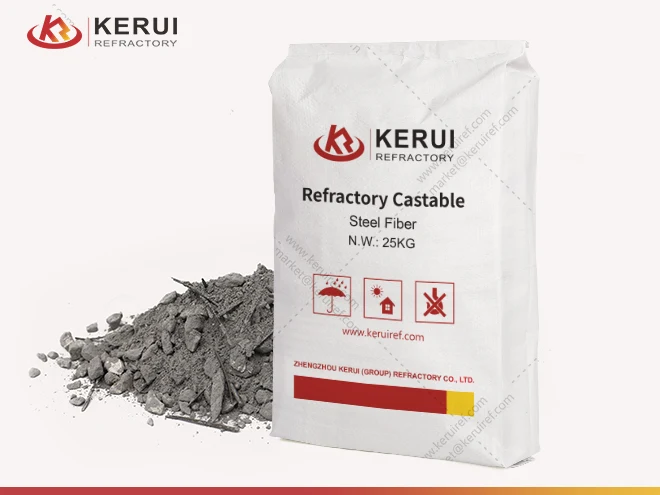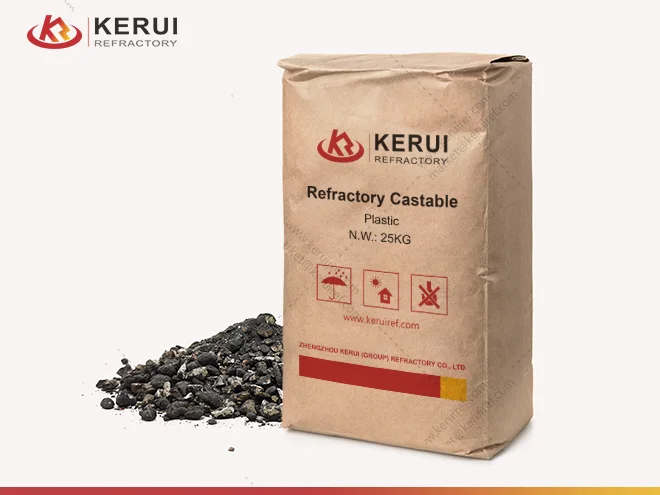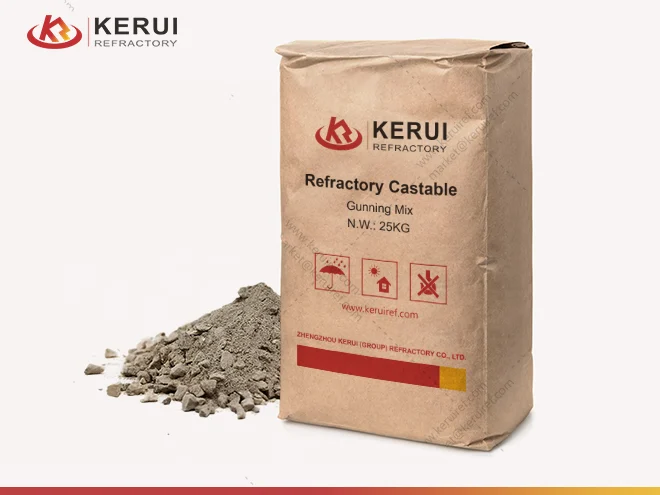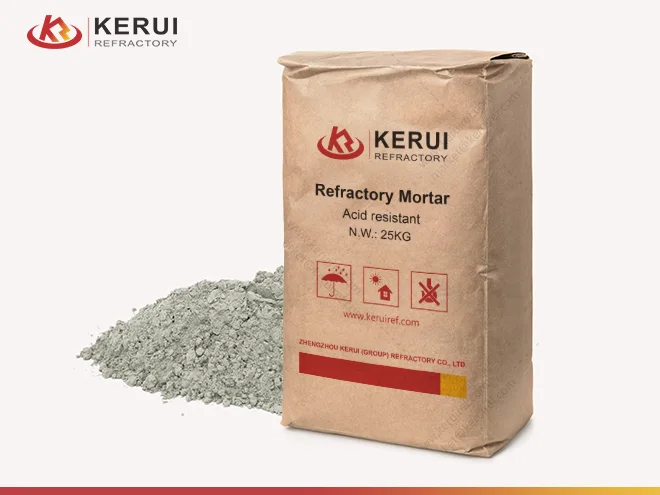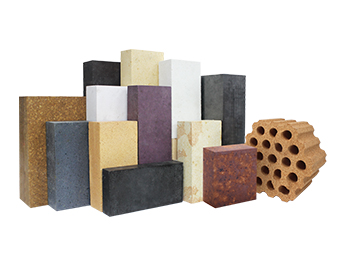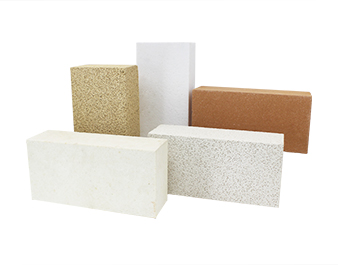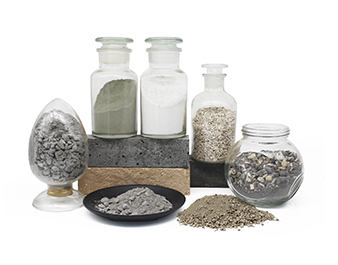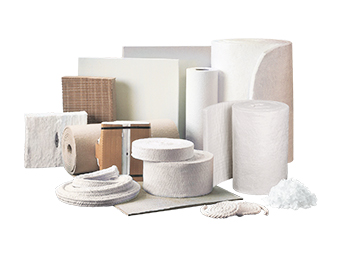- Al2O3%: 40-95
- Bulk Density: (g/cm³): 1.8-2.5
- Compressive Strength: (MPa): 20-150
- Max Service Temperature: (℃): 1300-1800
- Al2O3: 30-90
- Bulk Density (g/cm³): 1.9-3.15
- Compressive Strength (MPa): 20-100
- Max Working Temperature/℃: 1400-1800
- Al2O3%: 40-78
- Fe2O3%: 0.7-1.2
- Classification Temperature/℃: 1300-1600
- Refractoriness Underload/℃: 1320-1600
- Al2O3% (≥): 50-81
- Fineness(d50/μm): 5-13
- Flexural Strength(72h)/Mpa: 6-12.5
- Compressive Strength (72hrs)/MPa: 40-82
- Al2O3%: 50-81
- Fineness(d50/μm): 5-13
- Flexural Strength/Mpa(24h): 5.0-10.5
- Compressive Strength/Mpa(24h): 30-72
- Al2O3(%): 50-81
- CaO(%): 17.5-30.5
- Fineness(d50/μm): 5-13
- Compressive Strength (72hrs) (MPa):40-82
- Al2O3≥/%: 45-92
- SiO2≥/%: 5-50
- Bulk Density (g/cm³): 2.3-3
- Cold Crushing Strength/Mpa: 72-85
- Al2O3 ≥/%: 80-95
- Bulk Density≥/(g/cm³): 2.7-3.2
- Flexural Strength ≥/MPa: 9-11
- Compressive Strength ≥/MPa: 60
- Al2O3≥/%: 55-70
- Bulk Density≥/(g/cm³): 2.3-2.6
- Flexural Strength ≥/MPa: 7-9
- Max Service Temperature (℃): 1300-1500
- Bulk Density(g/cm³): 0.5-1.8
- Max. Service Temperature/℃: 1150-1350
- Cold Crushing Strength(110℃*24h)≥: 1.5-20MPa
- Thermal Conductivity (W/m·k)350℃: 0.15-0.65
- Al2O3≥/%: 50-80
- Bulk Density ≥/ (g/cm³): 2.15-2.65
- Cold Modulus of Rupture ≥/MPa: 4-7
- Cold Crushing Strength ≥/Mpa: 25-40
- Maximum Service Temperature ℃: 1550
- Bulk Density(g/cm³)≥ : 2.7
- 1100℃ Cold Crushing Strength(Mpa) ≥ : 100
- Linear Dimensional Change % ≤ : -0.3
- SiO2% (≥): 45-52
- Bulk Density (g/cm³): 1.6-2
- Acid Resistance% (≥): 95
- Cold Crushing Strength (MPa): 5-10
- Al2O3≥/%: 70-85
- Bulk Density ≥/ (g/cm³): 2.8-3.1
- High strength and wear resistance
- High density, low porosity
- SiC+C≥/%: 58-83
- Good resistance to erosion
- Abrasiveness resistance
- For cement kiln, EAF and steel ladel
- Al2O3 ≥/%: 45-95
- Cao≥/%: 1.15
- Bulk Density (g/cm3) ≥2.35-3.2
- Refractoriness ≥1710-1790℃
- Al2O3 ≥/%: 70-80
- Better thermal shock resistance
- Used in building material industry
- Sample: testing of sample is available
- Plasticity Index%:12-35
- Al2O3% (≥):35-80
- Bulk Density (g/cm³):2.15-2.65
- Compressive Strength (Mpa):6.0-8.0
- Al2O3% (≥): 32-70
- Fe2O3% (≥): 1.1-4.5
- Type:Dense Gunning Material
- Shelf Life (months):9
- Strong Acid Resistance
- Good Adhesion
- High Sealing Performance
- Good Heat Resistance
